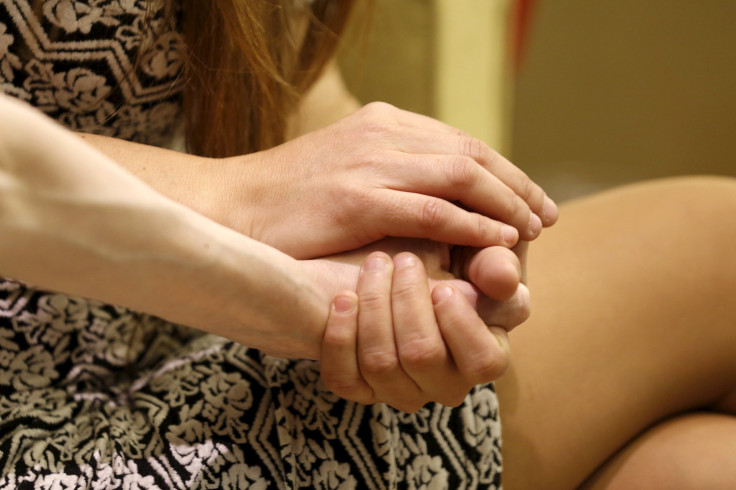Women's Abuse In Britain: One Million Poor Women In Britain Victims Of Violence And Abuse

One million women living in poverty in Britain have experienced extensive violence and abuse, a report said on Wednesday, which makes them more likely to attempt suicide, face homelessness and have mental health disorders.
In what it says is the first report of its kind, Agenda, an alliance of more than 60 groups focused on girls and women at risk, said women in poverty are much more likely to face almost every kind of abuse and violence compared to other women.
"The link between violence and poverty in women's lives is not surprising," Katharine Sacks-Jones, director of Agenda, told the Thomson Reuters Foundation.
"What's really shocking is how difficult the lives of women who experience both can be.
According to the report, 14 percent of women in poverty have faced the most extensive violence and abuse, such as being victims of extensive coercive control and physical violence from a partner, or facing both physical and sexual violence.
This rate is more than twice as high as the rate for women not in poverty.
Poverty and violence take a heavy toll on the victims' lives, the report said.
More than a third of women who faced both tried to commit suicide, compared to four percent of poor women who have not been abused while more than one in two had anxiety, depression or other common mental disorders. A fifth have been homeless.
"Poor women have fewer resources to avoid violence and abuse," Sacks-Jones said, calling for a cross-government approach to support women.
"Experience of violence and abuse can keep women in poverty. Poverty and violence feed each other." (Editing by Belinda Goldsmith @BeeGoldsmith,; Please credit the Thomson Reuters Foundation, the charitable arm of Thomson Reuters, that covers humanitarian news, women's rights, trafficking, property rights and climate change.
Credit: Thomson Reuters Foundation
© Copyright Thomson Reuters 2024. All rights reserved.



















